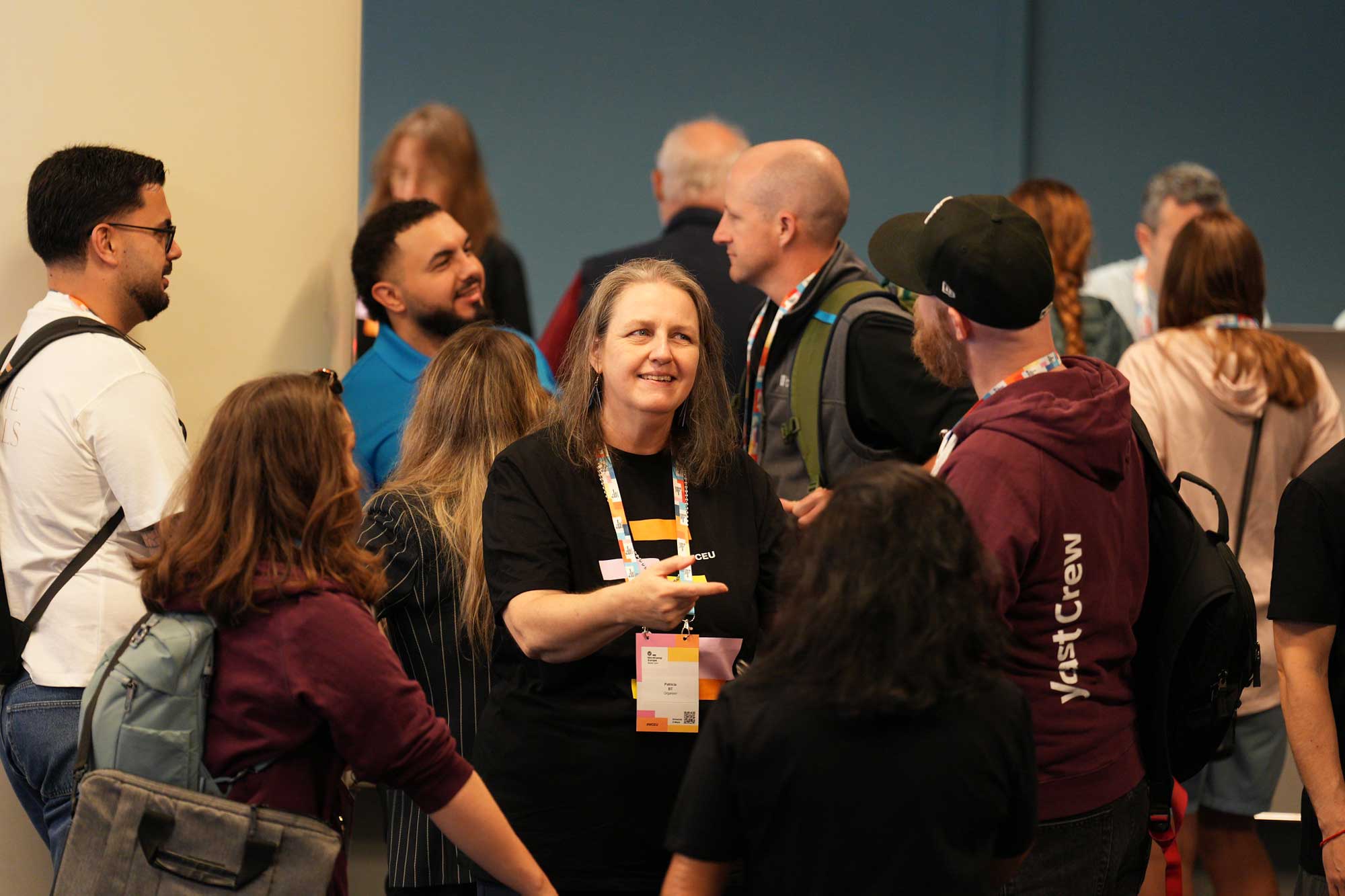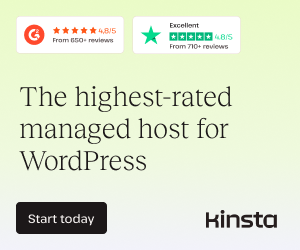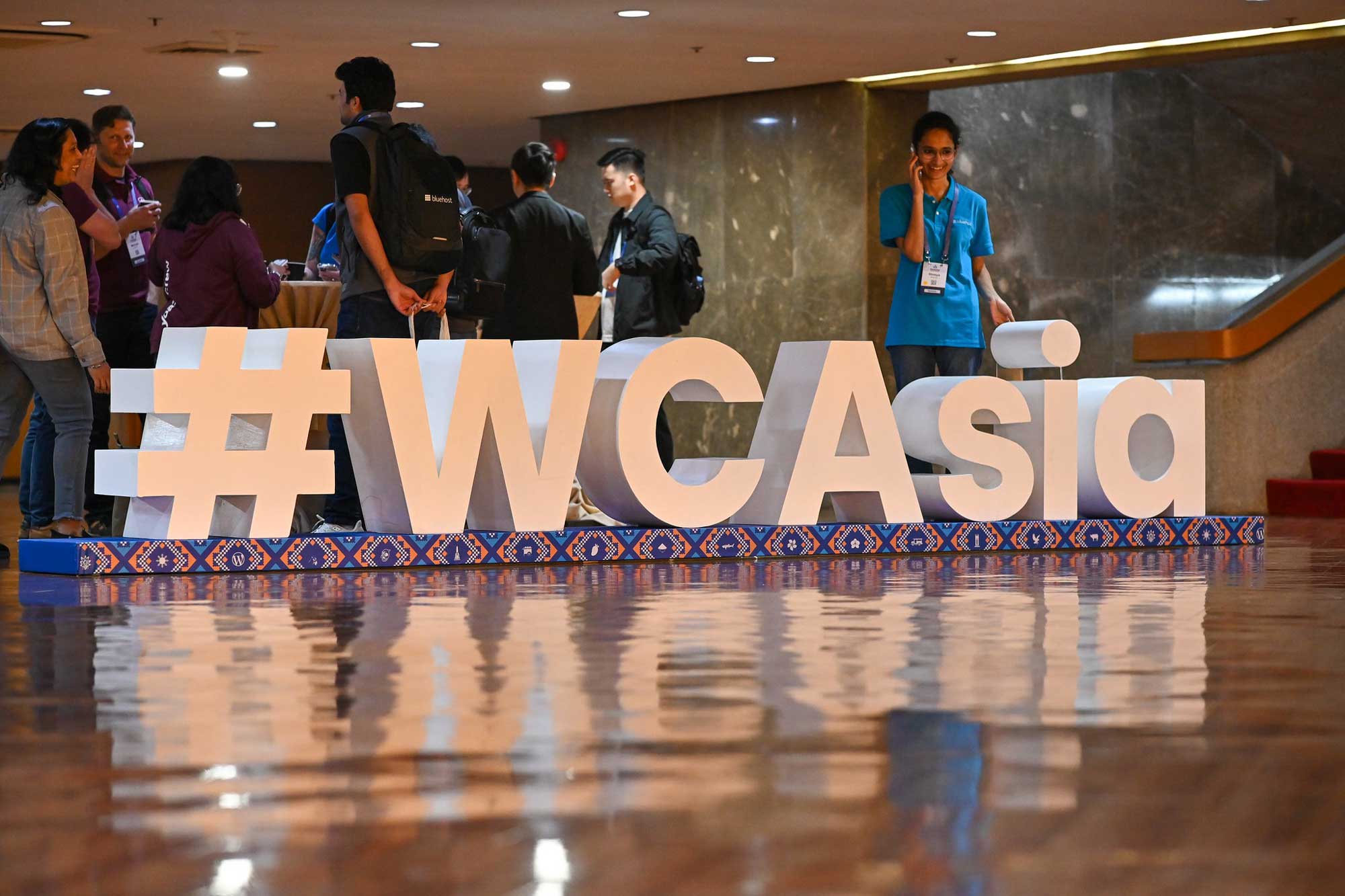At WordCamp Europe 2025, contributor Patricia Brun Torre presented WordPress Executive Director Mary Hubbard with a document capturing the concerns of more than 100 contributors. It outlines fear of retaliation, contributor burnout, and a growing sense of lost trust, and calls for change in how leadership and decision-making work across the WordPress project.
“It’s not about blaming anyone,” Brun Torre writes in the introduction. “It is a call to reflect… Because WordPress is more than a software project, it is a global community, and every one of us deserves a seat at the table.”
The document includes a mix of named and anonymous grievances gathered since October 2024, reflecting a wide range of experiences from organizers, mentors, team reps, and longtime contributors. While some concerns have been voiced publicly in recent months, others were shared privately with Brun Torre out of fear of professional consequences or being banned from the WordPress project.
The document separates community grievances from WP Engine’s legal battle with Automattic and Matt Mullenweg, which began last October and triggered the recent wave of community unrest. Instead, it focuses on the climate within the project — how contributors feel they are being treated, how decisions are made, and how trust might be repaired.
Among the issues raised are the closure of teams without discussion on the Make WordPress blogs, confusion and perceived manipulation of Five for the Future pledges, Slack bans for asking questions or using emoji reactions, and fears that Automattic’s influence has blurred the line between community and corporate control. Multiple contributors describe staying silent or leaving the project out of concern for their roles, businesses, or reputations.
“Fear of retaliation is real,” Patricia writes in the document. “Hence self-censorship.”
“People feel they were misled to think they contributed to a community, and then realised they contributed to a personal project where one person decides everything and their fate, and that decisions supposedly taken by the community (in Slack or Make posts) are revised by Matt anyway.”
“People feel they have been held hostages.”
Brun Torre presented the document to Hubbard during a Five for the Future roundtable held at WordCamp Europe 2025. The session brought together contributors from across the project to discuss how the initiative could be reformed. Participants raised concerns about sustainability, onboarding, governance, and transparency, with several pointing to a breakdown in trust and a need to rethink how contributor programs are structured and supported.
Alongside the list of grievances, Brun Torre outlines a personal proposal for reforming governance in the WordPress project. Based in Switzerland, she draws inspiration from her country’s democratic model, where the public holds power over the executive branch. She also points to the Typo3 Association’s structure, in which members elect a board and have authority over leadership decisions.
In the document, she suggests a contribution-weighted committee—one that would give Automattic a strong voice based on its contributions, but not total control. The goal, she writes, is not to remove Mullenweg from the project, but to restore trust through shared responsibility.
“Trust would be completely back with committee-led decisions,” she writes. “This whole conversation is not ‘against [Matt]’ but for the love of WordPress and our community… and for the common goals about its future.”
Mullenweg’s view on WordPress governance
Mullenweg, who has been openly critical of governance reform efforts within the project, has consistently argued for the importance of product vision. In a March 2025 interview on Lenny’s Podcast, he expressed skepticism about committee-led governance and pointed to Gutenberg as an example of a decision that would not have happened by vote.
“If we had voted for whether we should do that or not, everyone would have voted against it or the majority would have,” he said. “It was really a few core people of us in the community… that said like hey, you know, this is the future and it’s going to take 10 years to do and it’s going to be a long bet.”
He described his role as “a lot more being like a mayor than a CEO,” saying the community can always walk away or fork WordPress.
Asked about the future of WordPress leadership, Mullenweg said he doesn’t plan to hand control to a committee.
“I definitely think about succession planning and everything like that, but if — when I’m gone — I don’t want to pass it to a committee. I want to pass [it to] someone else who can, you know, have a role similar to mine and really sort of try to be a steward.”
He also pushed back on calls for broader inclusion in leadership.
“There’s some people who aren’t part of leadership who feel like they should be,” he said. “These are folks who actually aren’t… don’t have Commit status, they haven’t contributed to WordPress over the years… and they’re like hey, I want to lead a release. And so that — I mean that’s cool dude — but like, there’s a process.”
Posts on X seen as pushback on governance concerns
Days after WordCamp Europe, Mullenweg appeared to criticize the kinds of concerns that surfaced during the event, including those raised at the Five for the Future roundtable where Brun Torre shared her document. His comments came in response to designer Stefanos’s post on X suggesting WCEU featured “lots of individual needs and asks and complaints but not much about the projects and their future.”
“It’s way, way better at WCUS, and best at WCAsia,” Mullenweg replied.
When another attendee asked what made those events better, he wrote:
“Much more conversation about product, functionality, code-first experiments, growth, initiative, working together, optimism, and personal agency. Future-oriented.
Less about regulation, government, processes, committees, permission, sustainability, fragmenting .org, grudges, and gossip. Looking backward and relitigating the past.”
He added that “the negative stuff is probably < 3% of attendees, but it’s just so loud it has an outsized impact and impression.”
The comments were seemingly a dismissal of the governance conversations that took place in Europe, particularly by those who had voiced concerns about leadership, trust, and the future of the project.
Image credit: Jeroen Rotty.






